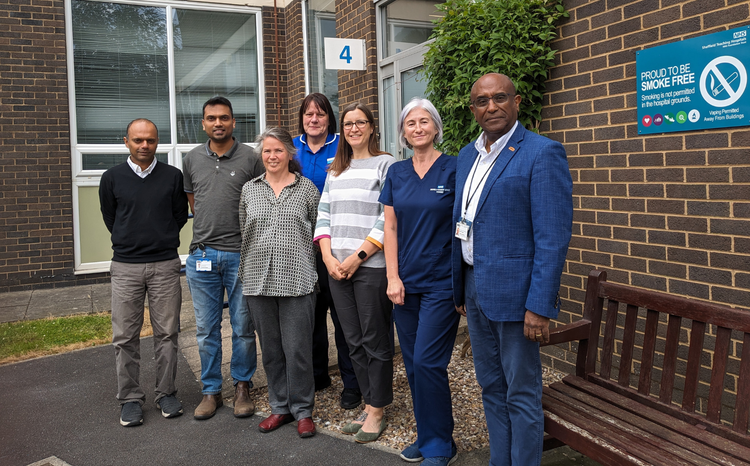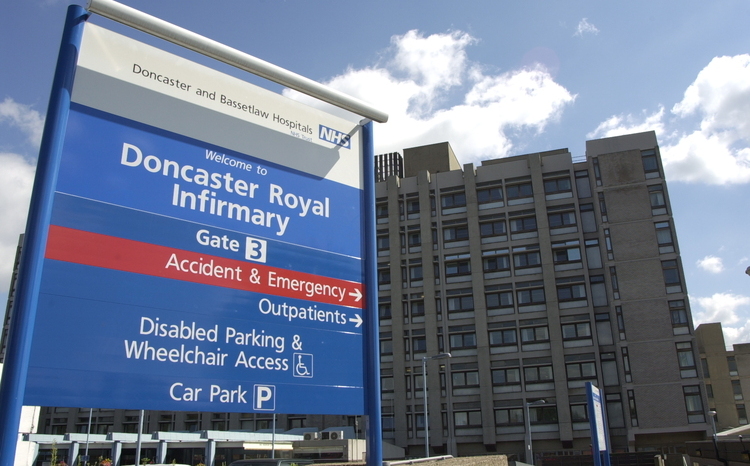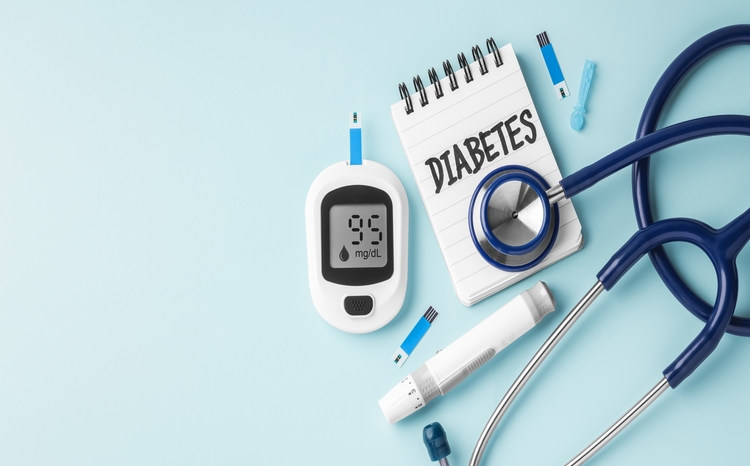Sheffield Teaching Hospitals launches diabetes smart tech trial
- 9 August 2024

- Oceanic trial to address nerve damage in patients with type 2 diabetes
- Smart tech will be used to track participants' body fat and glucose levels in real time
- The trial will evaluate the effectiveness of intensive care compared to standard care for managing diabetes-related nerve damage
Sheffield Teaching Hospitals NHS Foundation Trust has launched a smart tech initiative to reduce the risk of nerve damage in people living with type 2 diabetes.
The Oceanic (One-Stop Screening And Intensified Care) trial is now live and will run for two years.
Researchers are using wearable sensors and activity-tracking watches to monitor participants’ health data in real time and provide lifestyle support to help them manage risk factors.
It is hoped the initiative will lead to improvements in the management and reversal of diabetic peripheral neuropathy, a condition caused when prolonged high blood sugar levels damages nerves throughout the body, which increases the risk of injuries and foot ulcers that can require amputation.
Solomon Tesfaye, consultant physician and diabetologist at Sheffield Teaching Hospitals, said the Oceanic trial will emulate the care model used at the trust’s One-Stop Screening Service, where patients are offered kidney, eye and foot checks as part of their treatment.
“Diabetic peripheral neuropathy is a distressing and painful condition impacting on quality of life, independence, and livelihoods,” said Tesfaye, who will lead the trial in Sheffield.
“Sheffield has world-leading expertise in diabetes research, and through this trial, we hope to demonstrate the importance of early identification of diabetes-related nerve damage and how intensive management of risk factors can reverse the terrible consequences of this major complication of diabetes.”
Patients aged 18 to 75 with early-stage diabetes-related nerve damage will be enrolled, with half receiving intensive care that includes ongoing monitoring and personalised lifestyle support.
This group will have frequent in-person contact with diabetes specialists and use wearable sensors to monitor their glucose levels, activity and weight. They’ll also receive personalised education and support for lifestyle changes, including smoking cessation if needed.
A control group will continue with “standard” care but will wear monitoring devices periodically for research purposes.
The trial will take advantage of recent improvements in smart health technologies, including wearable sensors that detect glucose levels in real-time and weighing scales capable of tracking body fat and muscle mass.
It has received financial backing from global pharmaceutical company Viatris and consumer electronics company Withings.




